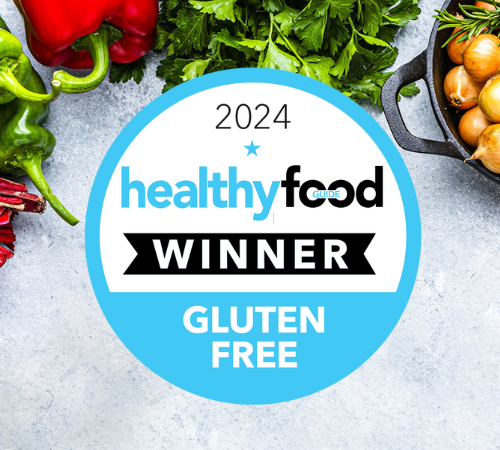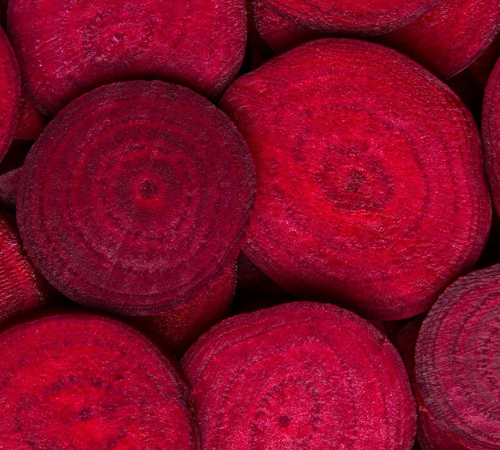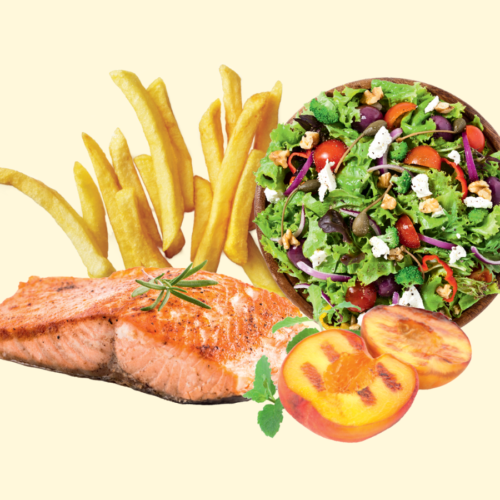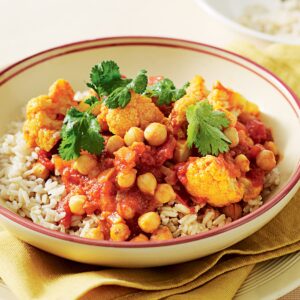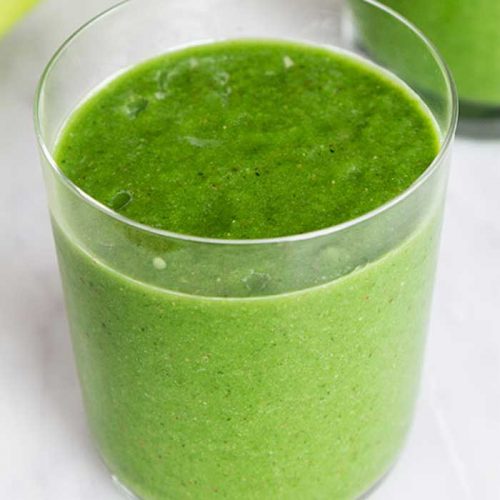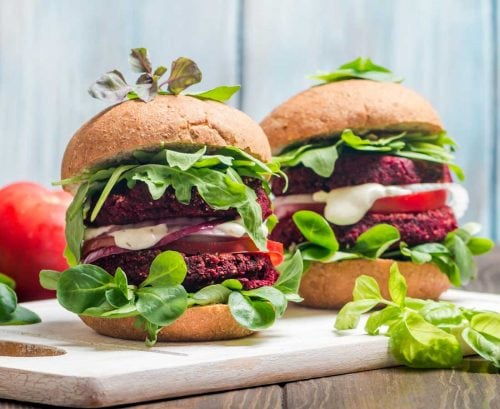
Plant-based and vegetarian burgers are all the rage right now, with many options on the market. But are they healthier than meat patties, and what do you need to look for to make the best choices? HFG dietitian Melissa Meier finds ‘n’ flips the healthiest plant patty option.
Have you noticed the ever-expanding range of vegetarian options in the supermarket? From pork-free vegan bacon (‘facon’) to faux ‘chick ’n’ schnitzels’ and tofu snags, there’s a lot on offer if you’re cutting back on meat. But with recent reports spotlighting the sky-high sodium content in some meat alternatives, are they really healthier? Let’s grill the facts on meat-free burgers.
Why plant-based?
Boost your health
If well planned, plant-based eating patterns brim with fruit and veg, legumes, whole grains, nuts and seeds. Rich in fibre, disease-fighting antioxidants, vitamins and minerals, they keep your body working at its best.
Easy on the wallet
Meat-free diets can save you serious cash. Rump steak, for example, can cost around 24 times the price of a can of chickpeas. That’s quite a saving!
Environmentally friendly
In many parts of the world, plant food production may generate less greenhouse gas emissions than meat production.
What’s out there?
Plant-based burger patties come in two main categories:
Patties made from whole ingredients
If your burger patty is made from beans, chickpeas, lentils, tofu, veg or nuts, you’re probably onto a winner. These foods offer natural muscle-building protein along with gut-loving fibre, to keep you feeling full for longer. Wholefood burgers also tend to be lower in salt, but it won’t hurt to scan the nutrition information panel just to make sure. Look for less than 400mg sodium per 100g.
Patties made from processed ingredients
Unfortunately, many meat-free products use ultra-processed ingredients like soy protein isolate and wheat gluten. They can also come packed with unnecessary additives and saturated fat, thanks to added coconut oil. It pays to check the ingredients list and save these options for an occasional treat.
How to build a healthier burger
The ingredients you pair with your meat-free patty can make or break a healthy meal. Here’s how to build a balanced burger:
The bread
A small wholegrain roll is a better pick than a jumbo white burger bun. It’ll give you extra fibre, provide long-lasting energy and help keep the meal’s kilojoule content in check.
The fillings
A dollop of mayo and a token lettuce leaf doesn’t rack up many nutrition points. Instead, top your patty with loads of salad vegetables — and opt for smashed avo or a healthy dip such as hoummos or tzatziki instead of creamy sauces.
Healthier sides to have with burgers
A side of hot chips is tempting — but for everyday meals, it’s a good idea to pick something a little lighter. A big leafy green salad or a side of roasted veg should do the trick!
Here’s what to look for on the back of the pack
✔ Whole food ingredients
✔ Less than 1700kJ per 100g
✔ More than 10g protein per 100g
✔ Less than 5g sat fat per 100g
✔ Less than 400mg sodium per 100g
Try these delicious and healthy homemade vegetarian burger recipes
Article sources and references
- Stanton, A. 2013. A plant-based diet — good for us and for the planet. Med J Aust. 199(4): S5–S6https://www.mja.com.au/journal/2013/199/4/plant-based-diet-good-us-and-planet
www.healthyfood.com




